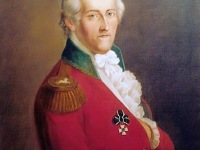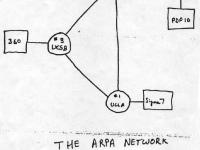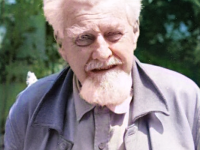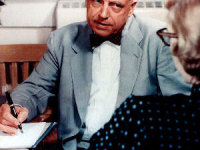Rensis Likert and the Likert Scale Method
On August 5, 1903, American social psychologist Rensis Likert was born. Likert is primarily known for developing the Likert scale method, an approach to creating a psychometrically sound scale based on responses to multiple questions or “items.” Likert’s method has become a time-honored way to measure people’s reactions such as to opinion surveys as well as personality tests. “A number of statistical assumptions are made in the application of his (Thurstone’s) attitude…
Read more











